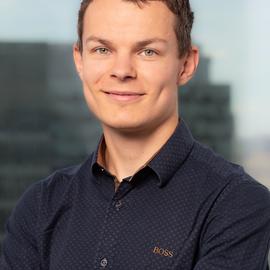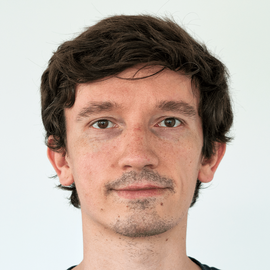Abstract
Today’s methods for uncovering causal relationships from observational data either constrain functional assignments (linearity/additive noise assumptions) or the data generating process (e.g., non-i.i.d. assumptions). Unlike previous works, which use conditional independence tests, we rely on the inference function’s Jacobian to determine nonlinear cause-effect relationships. We prove that, under strong identifiability, the inference function’s Jacobian captures the sparsity structure of the causal graph; thus, generalizing the classic LiNGAM method to the nonlinear case. We use nonlinear Independent Component Analysis (ICA) to infer the underlying sources from the observed variables and show how nonlinear ICA is compatible with causal discovery via non-i.i.d data. Our approach avoids the cost of exponentially many independence tests and makes our method end-to-end differentiable. We demonstrate that the proposed method can infer the causal graph on multiple synthetic data sets, and in most scenarios outperforms previous work.

PhD candidate
I am a final-year Ph.D. student supervised by Wieland Brendel, Ferenc Huszár, Matthias Bethge, and Bernhard Schölkopf. I am part of the ELLIS and IMPRS-IS programs. I have also spent time at the Vector Institute and at the University of Cambridge.

Principal Investigator (PI)
Wieland Brendel received his Diploma in physics from the University of Regensburg (2010) and his Ph.D. in computational neuroscience from the École normale supérieure in Paris (2014). He joined the University of Tübingen as a postdoctoral researcher in the group of Matthias Bethge, became a Principal Investigator and Team Lead in the Tübingen AI Center (2018) and an Emmy Noether Group Leader for Robust Machine Learning (2020). In May 2022, Wieland joined the Max-Planck Institute for Intelligent Systems as an independent Group Leader and is now a Hector-endowed Fellow at the ELLIS Institute Tübingen (since September 2023). He received the 2023 German Pattern Recognition Award for his substantial contributions on robust, generalisable and interpretable machine vision. Aside of his research, Wieland co-founded a nationwide school competition (bw-ki.de) and a machine learning startup focused on visual quality control.